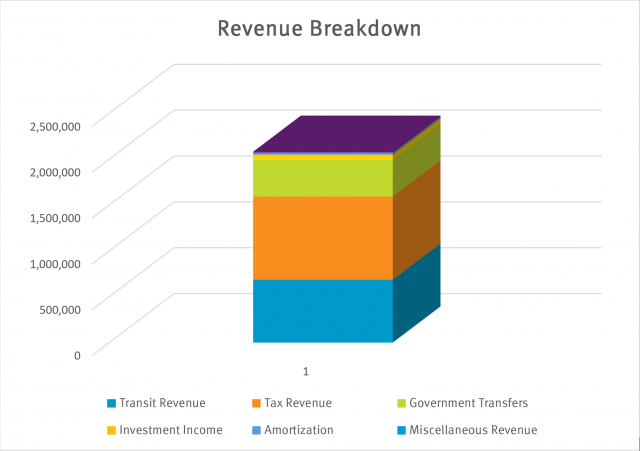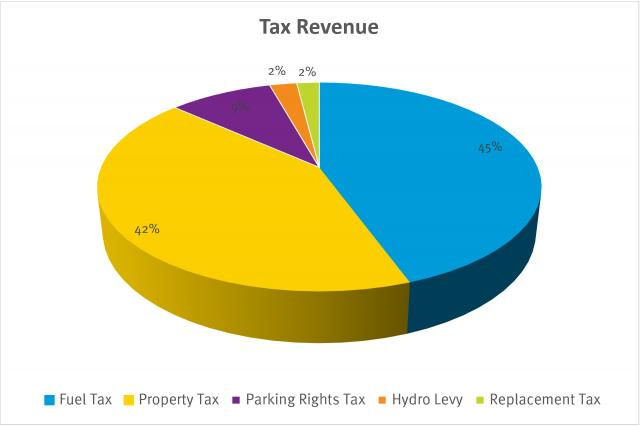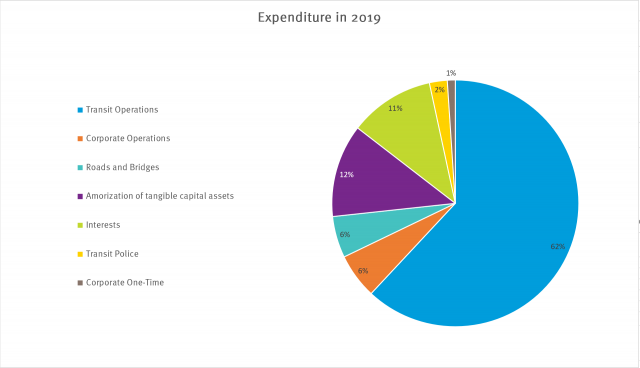They also have the transit systems to make not taking your car into the city practical, and efficient. I suspect only Montreal, and Toronto have transit systems that even come close to what London has.
In Canada we have gone about things backward, we impose restriction on cars, but offer nothing else that is practical for many commuters. If politicians were serious about breaking Canada's "car culture" they would bring in efficient transit systems, and then make using your car harder. Instead they want the "cheap" option, so just make using a car harder, while offering no real alternative.






